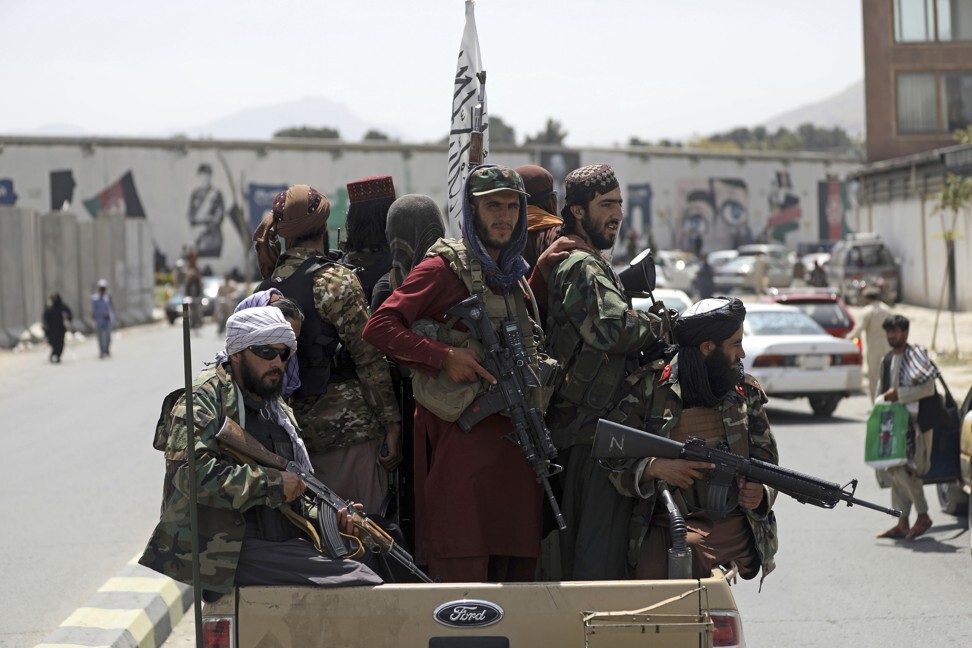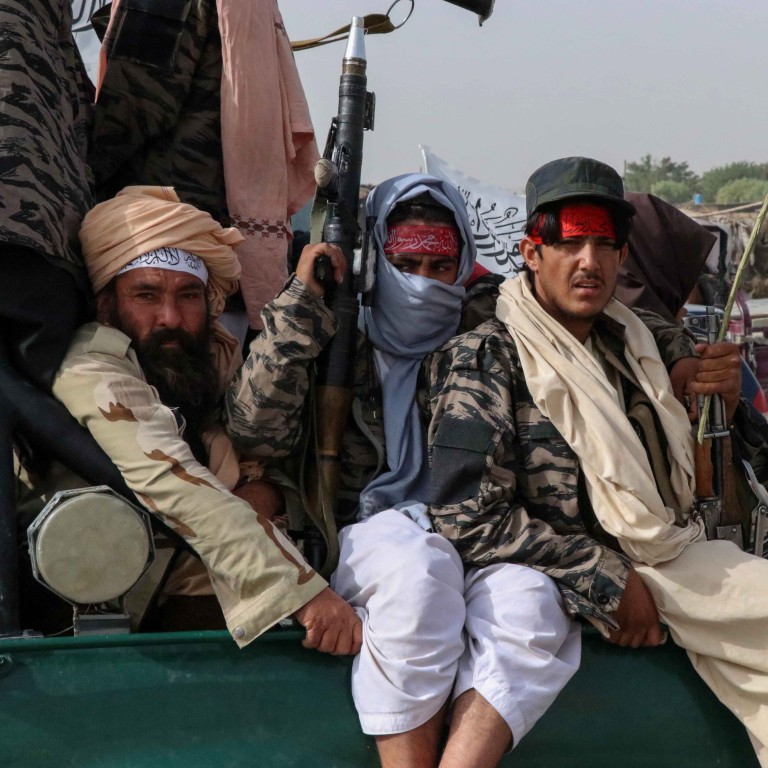
Afghanistan: Taliban’s return ‘boosts morale’ of militant groups in Southeast Asia
- Indonesia, Malaysia and southern Philippines are seen as being most affected by the Taliban’s victory, according to an analyst
- A security source said seven Indonesian Isis fighters were recently among 5,000 prisoners freed by the Taliban from a former US airbase in Afghanistan
The Taliban’s success has been widely celebrated by Islamist and extremist groups, which are also expected to have been reinvigorated in their fight to replace secular governments in the region with an Islamic state.
“It will inspire them, strengthen their spirit, and boost their morale to constantly fight for their political goal of an Islamic state,” he said, adding that Islamists would try to learn from the Taliban “how to win people’s hearts and support”.
Does Pakistan stand to gain or lose from the Taliban’s ascendancy?
Discussions were under way with several ministries on how to deal with the Indonesian citizens, the source said, adding that police counterterrorism squad Detachment 88 (Densus 88) was monitoring the situation and would be on the lookout for them should they attempt to return to Indonesia.
[Jihadists] feel that the Taliban represent their mission and their cause, which has now been achieved with Taliban’s victory.
Nasir Abas, the former leader of al-Qaeda’s Southeast Asia branch, Jemaah Islamiah (JI), said jihadist groups were euphoric that the Taliban had retaken Afghanistan, as could be seen from their social media posts.
“There are those who have already expressed the hope and desire to go to Afghanistan,” said Abas, who fought and trained there from 1987 to 1993. “For sure they will go if the opportunity is available for them to undergo military training there, the same way the Taliban once gave permission for Osama bin Laden to open a training camp in Kandahar.”
JI was behind the 2002 Bali bombings which killed 202 people.
The senior security source said there were no signs extremist groups were going to Afghanistan, but propaganda praising the Taliban’s return to power could turn the group into a “role model” for extremist groups in Indonesia.
Nasir, once known as Southeast Asia’s most-wanted terrorist, left JI in 2003 as he disagreed with its shift to violent jihad. He was arrested that year and released in 2004, and has since been helping the Indonesian government and civil society with deradicalisation efforts.
Nasir said jihadists viewed the return of the Taliban as a victory similar to that of Prophet Mohammed’s conquest of the holy city of Mecca in AD630. “They feel that the Taliban represent their mission and their cause, [the establishment of an Islamic state,] which has now been achieved with Taliban’s victory.”
How I left Afghanistan, with a Taliban escort to the airport
Muh Taufiqurrohman, senior researcher at the Jakarta-based Centre for Radicalism and Deradicalisation Studies (PAKAR), said jihadists were now confident that “God will help their fight against their enemies and infidels”, and victory would be granted to them just as it had been to the Taliban.
“It doesn’t matter how long it takes, they believe that God will always give them victory over their enemies,” he said.
Taufiqurrohman added that JI had been distributing an Arabic-language manual containing Taliban strategies and fighting tactics via WhatsApp chat groups since the fall of Kabul. “There are also proposals to invite the Taliban to set up a branch in Indonesia to help jihadists establish an Islamic state in Indonesia.”
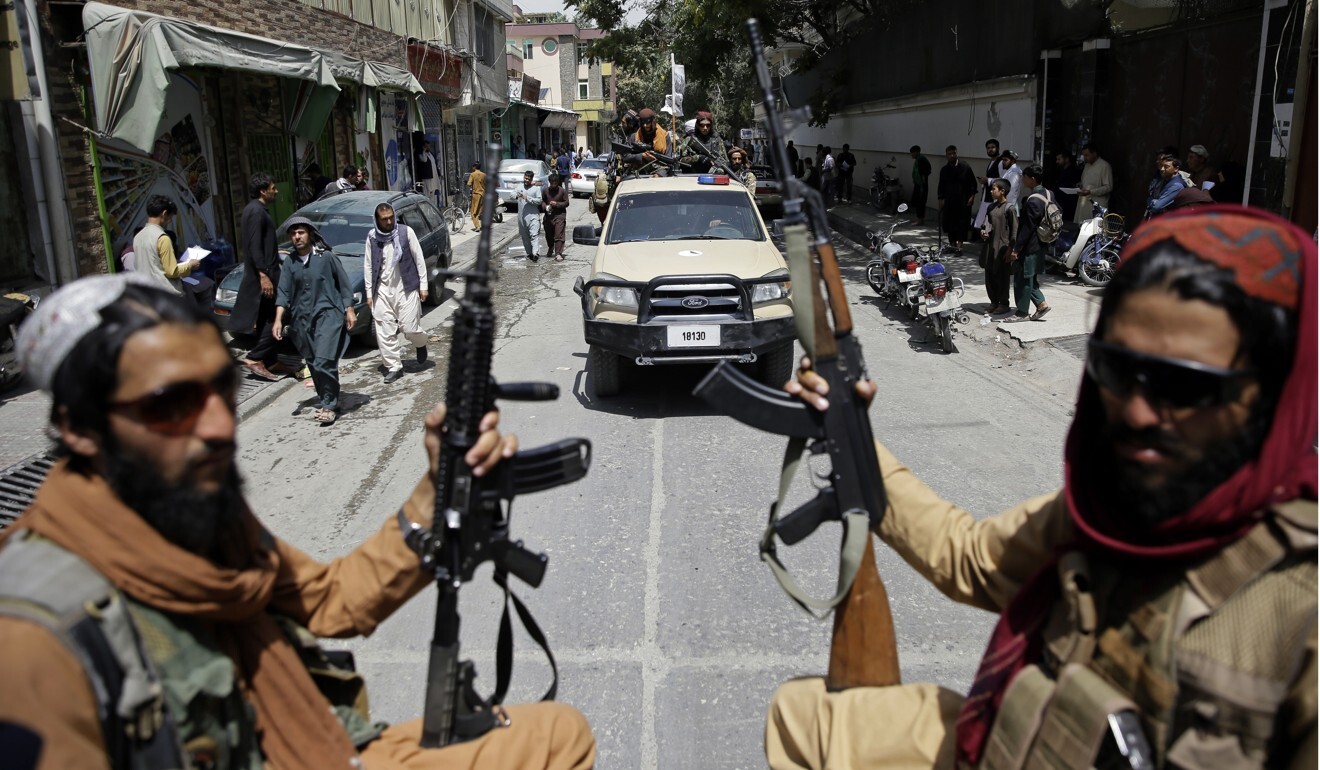
On top of this, he said, some members of an Islamist group named Jamaah Muslimin Hizbullah had proposed setting up a committee to send people to Afghanistan so they could “learn from the Taliban”.
The group has tens of thousands of followers in Indonesia, according to a local news report, and is involved in peaceful proselytisation while advocating for an Islamic state in democratic Indonesia.
Based on his monitoring of social media, Taufiqurrohman said some members of Jamaah Muslimin Hizbullah had debated forming an Islamic government like that of the Taliban in Indonesia, starting with the island of Sumatra, which it planned to call “Daulah Islamiah Sumatra”.
He said the group has not issued any official statement on the Taliban’s takeover of Afghanistan.
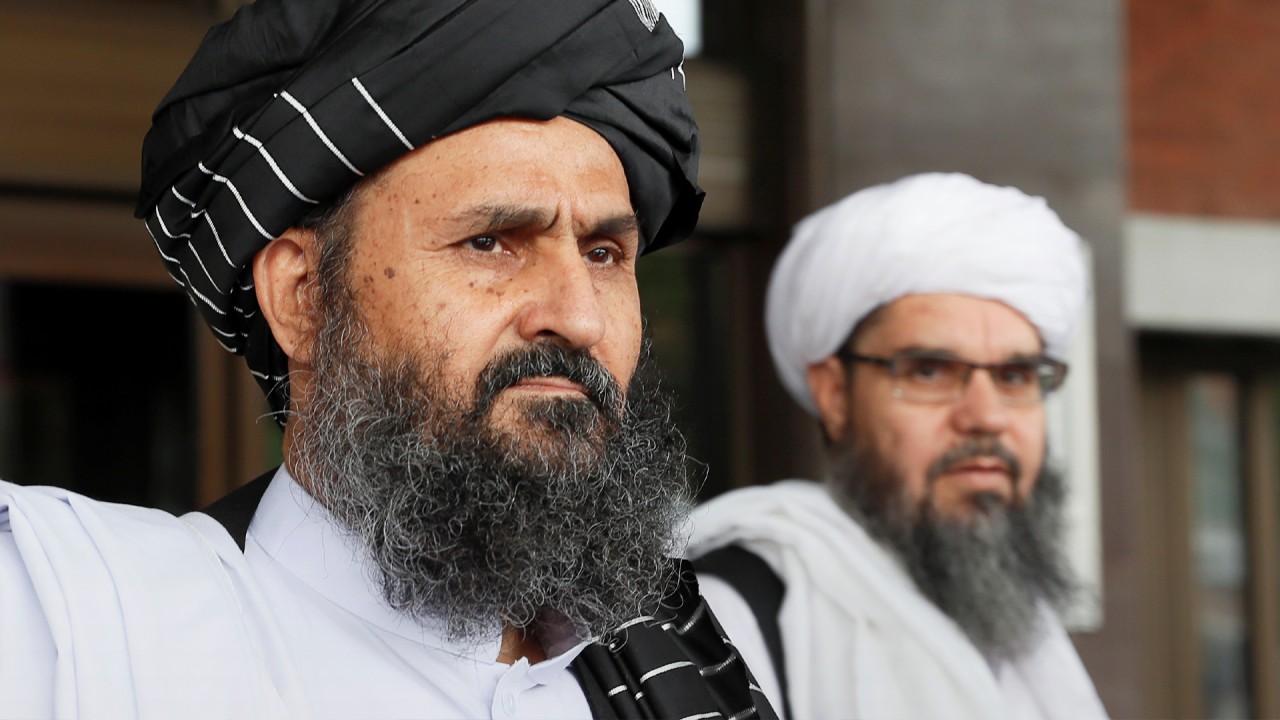
04:19
Who is the de facto Taliban leader, Mullah Abdul Ghani Baradar?
Meanwhile, the Taliban has received plaudits on its victory from Malaysia’s largest Islamist political organisation, the Pan-Malaysian Islamic Party (PAS), which was a member of the Perikatan Nasional coalition that was until recently in government.
On its official news portal Harakah Daily, PAS international affairs and foreign relations committee chairperson Mohd Khalil Abdul Hadi congratulated the people of Afghanistan and “the new Afghan kingdom led by the Taliban” for having succeeded in achieving victory and freeing the country from “the clutches of inhumane colonialism”.
India gears up for Taliban-run Afghanistan as Russia, China extend influence
Ahmad El-Muhammady, a lecturer at International Islamic University Malaysia, said he believed PAS had made the statement because the party thought “the Taliban had changed”.
While he said it was too early to make a definitive conclusion on the impact of the Taliban’s takeover for Malaysia, early indications showed the Taliban was taking a different approach as the current capture of power has been peaceful.
“The last time they hanged the former president,” Ahmad said.
Taliban fighters tortured former president Mohammad Najibullah to death and hanged his body from a traffic light pole in 1996. The Taliban ruled Afghanistan from 1996 until 2001 when it was ousted by a US-led military coalition.
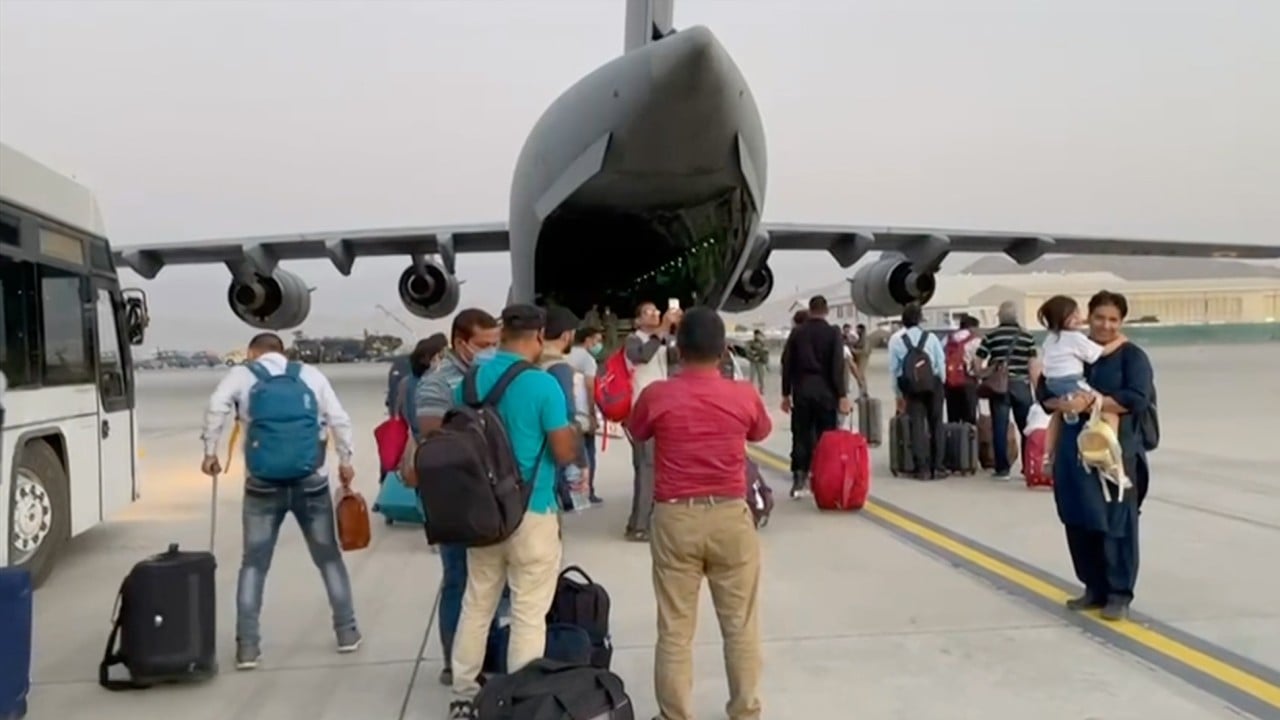
08:44
Journalist recounts evacuation from Kabul after Taliban takeover of Afghanistan
Some Malaysians went to Afghanistan in the 1980s and 1990s to fight with the mujahideen, some of which became members of Jemaah Islamiah and al-Qaeda, though their exact numbers are not known.
Yazid was released from prison in 2019 after serving lengthy sentences and has since cut off ties with militant groups. He remains closely monitored by police.
“[These veterans have] followed the development with interest, but do not get entangled with or associated with the Taliban any more,” Ahmad said. “They know the possible repercussions [from the authorities] if they do that.”


